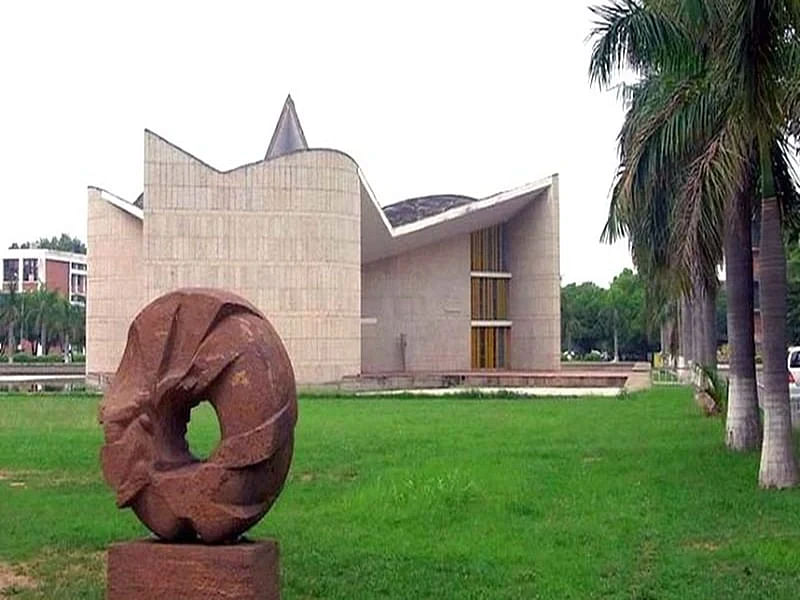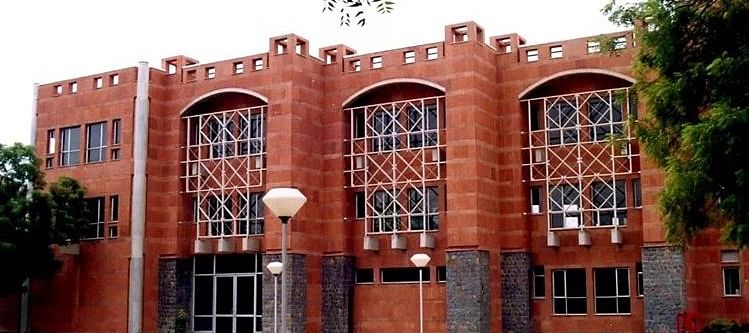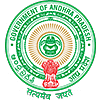M.Pharm Pharmaceutical Analysis Syllabus and Subjects

M.Pharm in Pharmaceutical Analysis is a two-year postgraduate degree program, wherein the M.Pharm in Pharmaceutical Analysis course subjects are bifurcated into four semesters. Students will obtain a variety of skills and gain both academic and practical knowledge of the study as a result of this course. This course will ensure that the students will develop professionally in their chosen specialty.
Semester Wise M.Pharm in Pharmaceutical Analysis Syllabus
The M.Pharm in Pharmaceutical Analysis course syllabus is structured in such a way that the students will acquire a complete knowledge about the field of study. The Master of Sciences of Pharmacy Pharmaceutical Analysis syllabus is available online too, however, depending on the college, the syllabus may differ. M.Pharm in Pharmaceutical Analysis course aims to ensure that the students have access to all the vital information they need to successfully complete the coursework. The following is the M.Pharm in Pharmaceutical Analysis course subjects list, organized by semesters:
|
Semester I |
Semester II |
|
Pharmaceutical Biostatistics & Computer Application |
Biopharmaceutics & Pharmacokinetics |
|
Pharm Biotechnology |
Recent Advances in Drug Delivery System |
|
Drug Regulatory Affairs & Intellectual Property Rights |
Pharmaceutical Production Management |
|
Semester III |
Semester IV |
|
Theory & Dissertation |
Product Development |
|
Synopsis of the proposed dissertation |
Presentation & Viva Voce |
|
Practical |
Modern Analytical Technique |
M.Pharm in Pharmaceutical Analysis Subjects
M.Pharmacy syllabus for Pharmaceutical Analysis offers theoretical, core, elective, and practical aspects of the study. Each specialization's subjects in M.Pharm Pharmaceutics Analysis may also have their own set of syllabus format. The general format of the M.Pharm in Pharmaceutical Analysis course for any specialization, however, remains the same. Students can choose from a variety of topics throughout the course of four semesters, making the M.Pharm Pharmaceutics curriculum exceptionally flexible. The common Master of Sciences of Pharmacy Pharmaceutical Analysis subjects include:
- Drug Regulatory Affairs & Intellectual Property Rights
- Pharm Biotechnology
- Biopharmaceutics & Pharmacokinetics
- Recent Advances in Drug Delivery System
- Pharmaceutical Production Management
M.Pharm in Pharmaceutical Analysis Course Structure
The syllabus of M.Pharm in Pharmaceutical Analysis format comprises both theory and practicals and is organized into four semesters over the period of two years. The M.Pharm in Pharmaceutical Analysis course is structured in such a way that both theoretical study and practical training are incorporated into the curriculum. The following is the course structure:
- IV Semesters
- Core Subjects
- Elective Subjects
- Theory and practical work
- Projects
M.Pharm in Pharmaceutical Analysis Teaching Methodology and Techniques
The course curriculum takes into account various instructional methods. In addition to the classroom structure of learning, practical practice is involved. The following are some of the most general teaching methods, used by most faculties:
- Advanced Learning
- Case studies/ Research work
- Presentation & Viva Voce
- Internships and Assignments
- Dissertation
- Practicals
M.Pharm in Pharmaceutical Analysis Projects
Students are given M.Pharm projects in Pharmaceutical Analysis to assist them in learning numerous topics and gaining practical experience through practical works. To complete the course, each candidate must complete practicals at the end of the curriculum. The following are some of the most popular M.Pharm projects in Pharmaceutical Analysis:
- A thorough study of Pharmaceuticals
- Study of the Recent Advances in Drug Delivery System
- Drug dependencies, Drug abuse, addictive drugs, and their treatment
- Training on Product Development
- Introduction to drying processes – Study of Tray Dryers: fluidized Bed Dryer
M.Pharm in Pharmaceutical Analysis Reference Books
Many authors and publications offer M.Pharm in Pharmaceutical Analysis books, which can be available both online and offline. Reference books are designed to help learners to comprehend ideas in greater depth and to score well. Academic and reference books are divided into specialties. The following are some of the most preferred M.Pharm in Pharmaceutical Analysis reference books:
|
Name of the Books |
Authors |
|
Introduction To Pharmaceutics - I |
Ashok K. Gupta |
|
A Textbook of Pharmaceutical Analysis |
Dr. R. Sathiyasundar |
|
Pharmaceutical Drug Analysis |
Ashutosh Kar |
|
Pharmaceutical Analysis: A Practical Manual |
R.S. Dahiya |
























